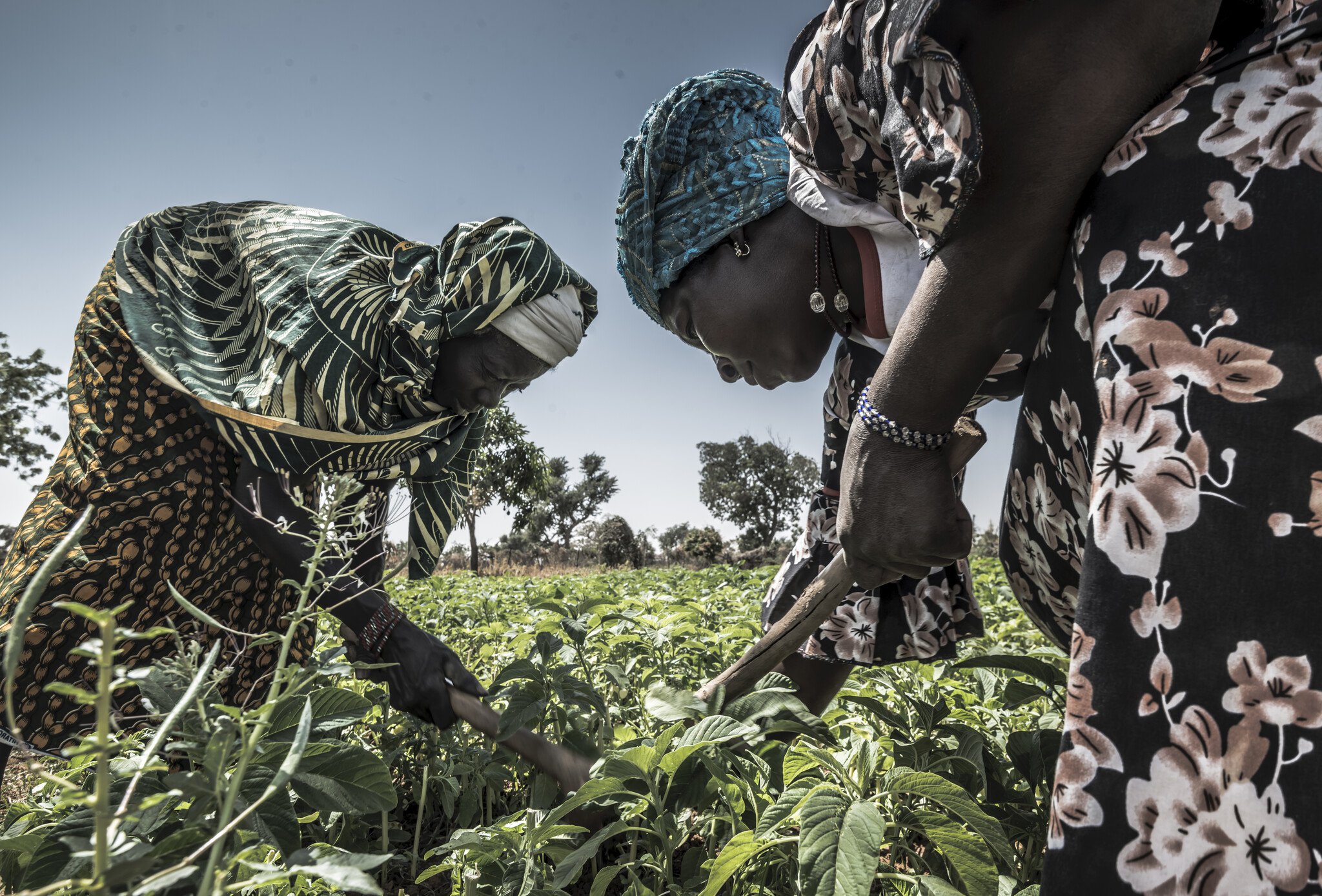A widow in Burkina Faso copes with climate change, and creates a new source of food and income for her family
Imagine growing vegetables in temperatures approaching 120 degrees Fahrenheit with recurrent droughts. In Burkina Faso, where farmers struggle to survive the effects of climate change, it is a matter of survival for much of the population that depends on agriculture for their food.
“All my life I have been farming," says Alizeta Sawadogo, 55, whose livelihood is severely affected by the effects of global warming. “I used to grow cereals. But it rains less and less, and the dry season is getting longer and hotter. Yields are getting lower and lower."
Add to these difficulties the conflict in the north of the country, which is destroying entire villages and forcing people to abandon their land, and the economic impact of COVID-19, which is increasing food prices. And during the lean season, the summer months when crops are growing, families deplete their food reserves while waiting for the harvest. As a result, two million people in Burkina Faso are currently facing a hunger crisis.
Sawodogo is facing all these challenges and the effects of climate change now in the Center North region of Burkina Faso where she lives. She lost her land and her husband and has eight children to feed. "I had to look for ways to adapt and take care of my family," she says.

With the support of the Alliance Technique d'Assistance au Développement (ATAD), Sawodogo joined a group of 50 vulnerable and landless women in a collective farm of two hectares (roughly five acres), equipped with four wells. Each woman manages her own plot free of charge, but they work on a collective basis. ATAD also provided seeds.
It’s part of the Sahelian Youth for Climate Action project (financed by the European Union, Oxfam, and our partners), to enable young people and women in Burkina Faso and Niger to cope with climate change and care for their loved ones.
For Sawodogo, learning about climate change adaptation is an opportunity to reinvent herself: "I have learned to produce organic food using environmentally friendly techniques,” she says. “We enrich the soil with compost, and produce our own seeds," she says proudly.
Sawodogo can now get through the lean season without fear: "I can feed my family all year round,” she says. “I even sell part of my harvest to cover medical expenses and school fees for the children. "
